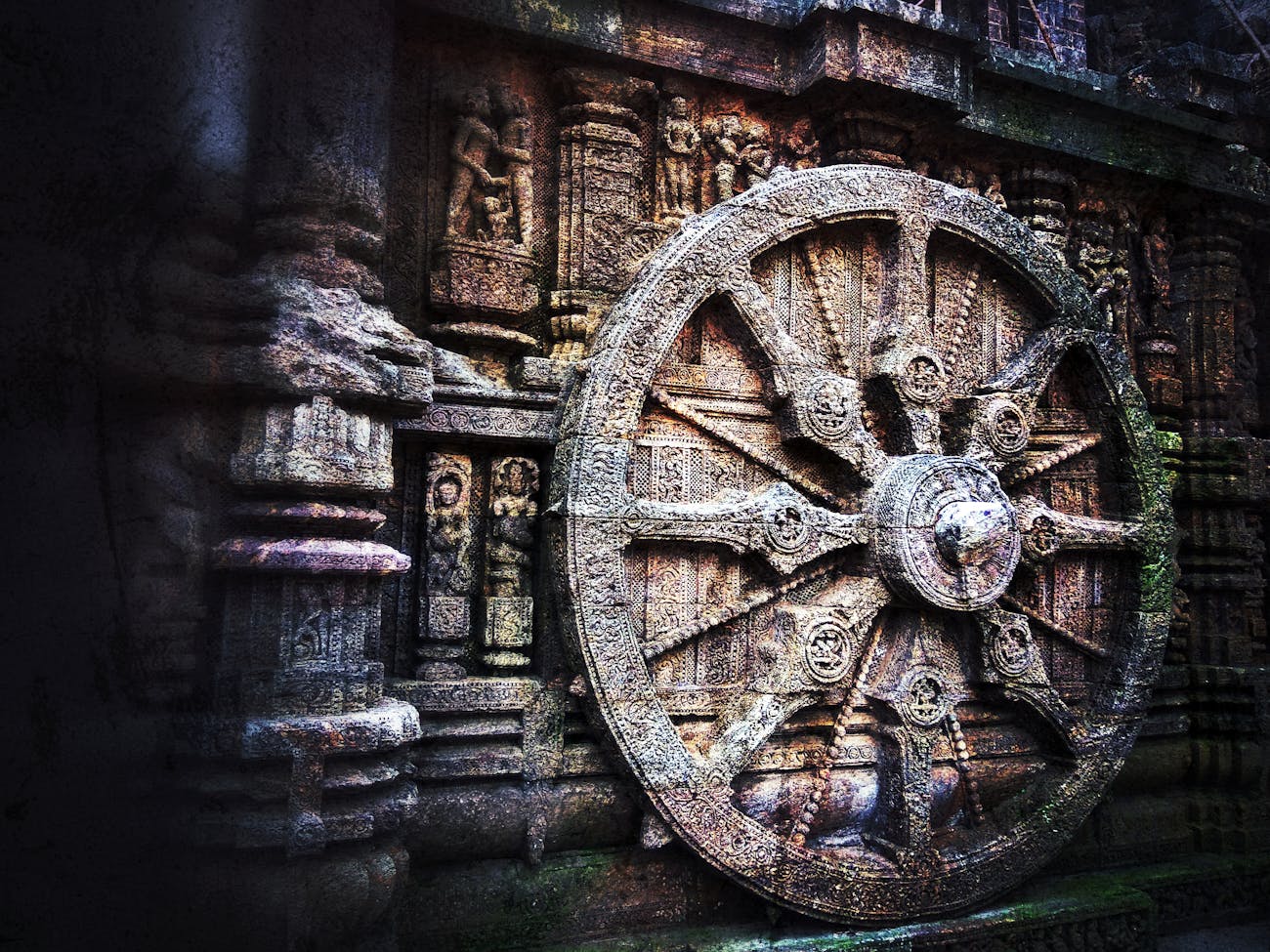Lacework: Last Valued at $8.3B, in Talks to Sell for $150M to $200M

The much-anticipated six-week election in India has officially commenced with Prime Minister Narendra Modi seeking a third term in office. As the world's largest democracy, India's elections hold significant importance not only for its 1.3 billion citizens but also for global observers. The electoral process in India is a complex and vibrant display of democratic principles, featuring diverse political parties, regional dynamics, and socio-economic factors. With millions of eligible voters, the outcomes of the Indian election have substantial ramifications for the country's future trajectory, governance, and international relations.
Prime Minister Modi, the leader of the Bharatiya Janata Party (BJP), emerged as a dominant figure in Indian politics with his pro-development agenda and strong leadership. His first term witnessed several ambitious reforms and initiatives aimed at fostering economic growth, enhancing infrastructure, and addressing social challenges. As he vies for a third consecutive term, Modi's re-election campaign focuses on continuing the momentum of progress and development while also navigating pressing issues such as unemployment, agrarian distress, and national security.
The electoral landscape in India is marked by a multi-faceted contest, with the opposition parties seeking to form strategic alliances to counter the BJP's influence. The Indian National Congress, led by Rahul Gandhi, and various regional parties are pivotal players in shaping the electoral dynamics across different states. The diversity of India's political fabric is exemplified by the presence of regional parties representing various linguistic, cultural, and ideological identities, thereby contributing to the intricacies of coalition-building and electoral alliances.
From the snow-capped peaks of the Himalayas to the sun-kissed shores of the Indian Ocean, the electoral process unfolds across the length and breadth of India, reflecting the myriad aspirations and concerns of its diverse population. The issues of economic inequality, access to healthcare and education, environmental sustainability, and rural development resonate deeply with citizens as they engage with political discourse and policy agendas put forth by competing parties.
In the era of digital connectivity and social media, the Indian election also witnesses an unprecedented surge in online campaigning, political messaging, and voter engagement. The use of technology and data analytics has transformed the electoral landscape, enabling political parties to micro-target specific demographic groups and adapt their campaigning strategies to resonate with diverse voter segments.
As the election progresses through its six-week duration, the international community closely observes the developments, recognizing India's strategic significance in global geopolitics. The potential outcomes of the election hold implications for regional stability, economic partnerships, and diplomatic relations. The continuity or change in leadership in India can influence policies related to trade, security, climate change, and cooperation in multilateral forums.
The anticipation and significance of India’s six-week election are underscored by the intricate interplay of democracy, diversity, and development. The electoral process serves as a critical juncture for citizens to exercise their democratic rights and shape the course of the nation's governance. As the campaign rallies, debates, and voting unfold, the hopes, aspirations, and concerns of the Indian populace coalesce in a vibrant expression of democratic participation and the pursuit of a prosperous future.
Comment
Popular Posts
- 1
- 2
- 3
- 4
- 51 year ago
Latest Posts
- 19 minute ago
- 219 minute ago
- 3
- 439 minute ago
- 5
Categories
- World 13199 Post
- Knitting 18 Post
- General 17 Post
- Travel 183 Post
- Technology 12249 Post
- Movies and Series 14099 Post













There are no comments yet.